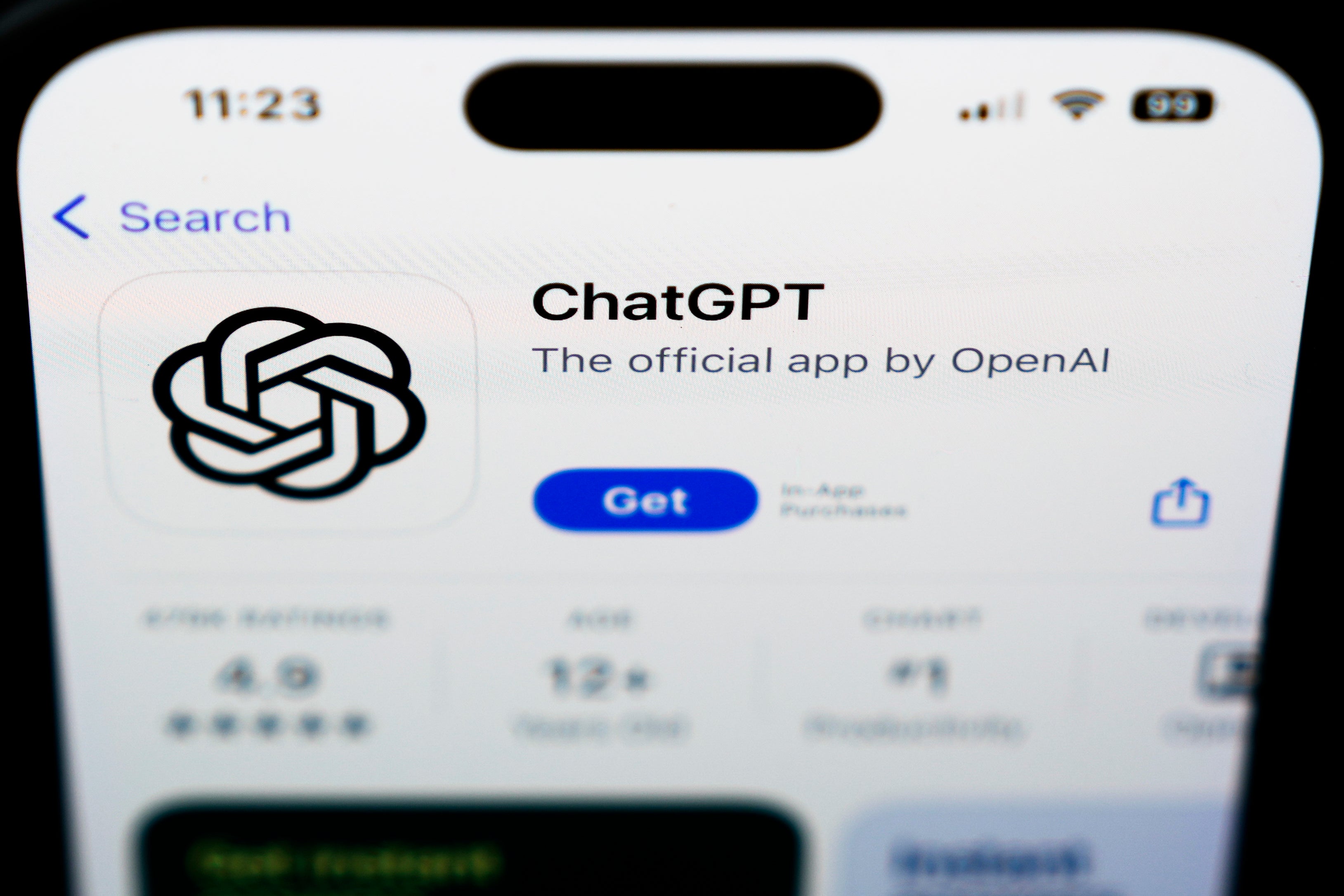Canadian news publishers sue OpenAI over alleged copyright infringement
A coalition of Canadian news publishers, including The Canadian Press, Torstar, Globe and Mail, Postmedia and CBC/Radio-Canada, has filed a lawsuit against OpenAI for using news content to train its ChatGPT generative artificial intelligence system

A coalition of Canadian news publishers, including The Canadian Press, Torstar, Globe and Mail, Postmedia and CBC/Radio-Canada, has filed a lawsuit against OpenAI for using news content to train its ChatGPT generative artificial intelligence system.
The outlets said in a joint statement Friday that OpenAI regularly breaches copyright by scraping large amounts of content from Canadian media.
“OpenAI is capitalizing and profiting from the use of this content, without getting permission or compensating content owners,” the statement said.
The publishers argue that OpenAI practices undermine the hundreds of millions of dollars invested in journalism, and that content is protected by copyright.
“News media companies welcome technological innovations. However, all participants must follow the law, and any use of intellectual property must be on fair terms,” the statement said.
Generative AI can create text, images, videos and computer code based on a simple prompt, but the systems must first study vast amounts of existing content.
OpenAI didn’t immediately respond to a message seeking comment on the lawsuit.
This is the first such case in Canada, though numerous lawsuits are underway in the United States, including a case by the New York Times against OpenAI and Microsoft.
Some news organizations have chosen to collaborate rather than fight with OpenAI by signing deals to get compensated for sharing news content that can be used to train its AI systems.
The Associated Press is among the news organizations that have made licensing deals over the past year with OpenAI; others include The Wall Street Journal and New York Post publisher News Corp., The Atlantic, Axel Springer in Germany and Prisa Media in Spain, France’s Le Monde newspaper and the London-based Financial Times.
Bookmark popover
Removed from bookmarks